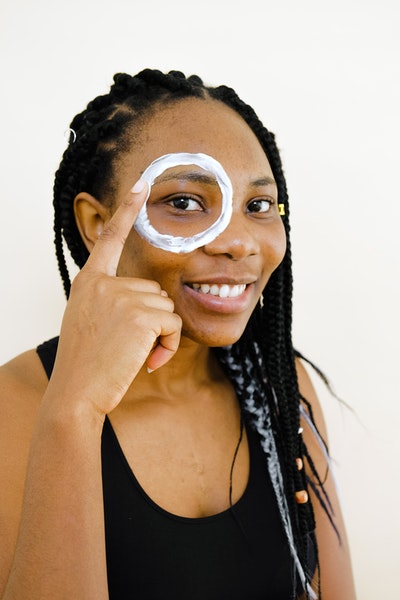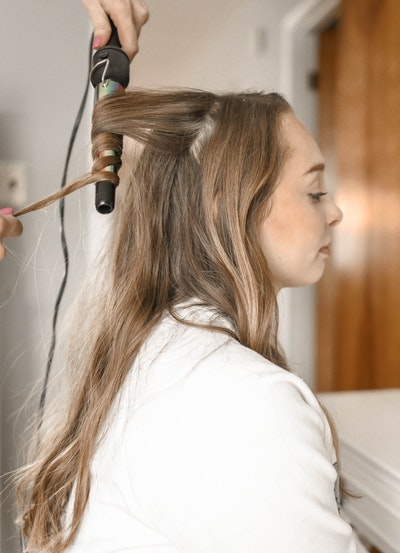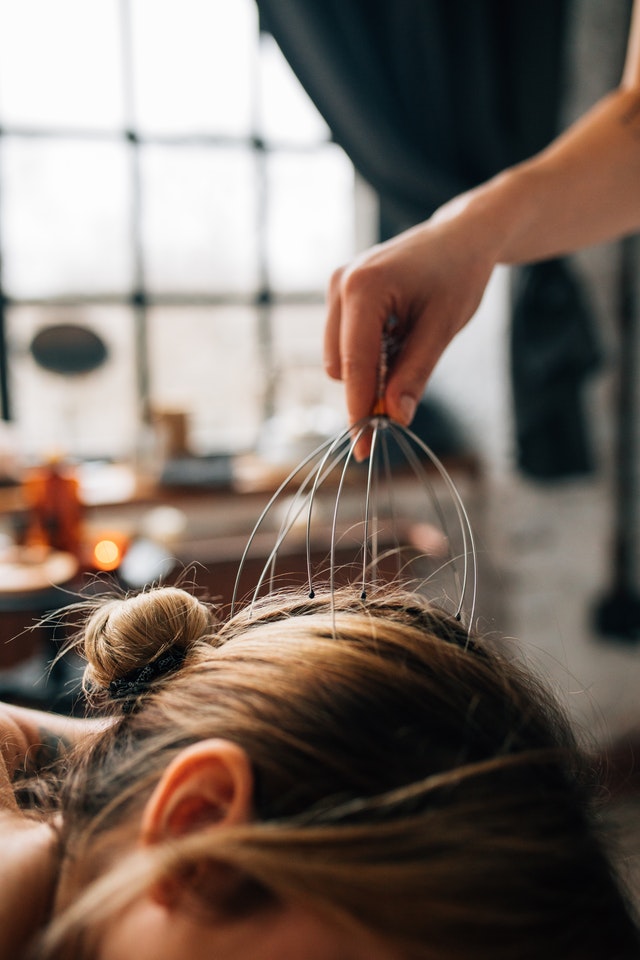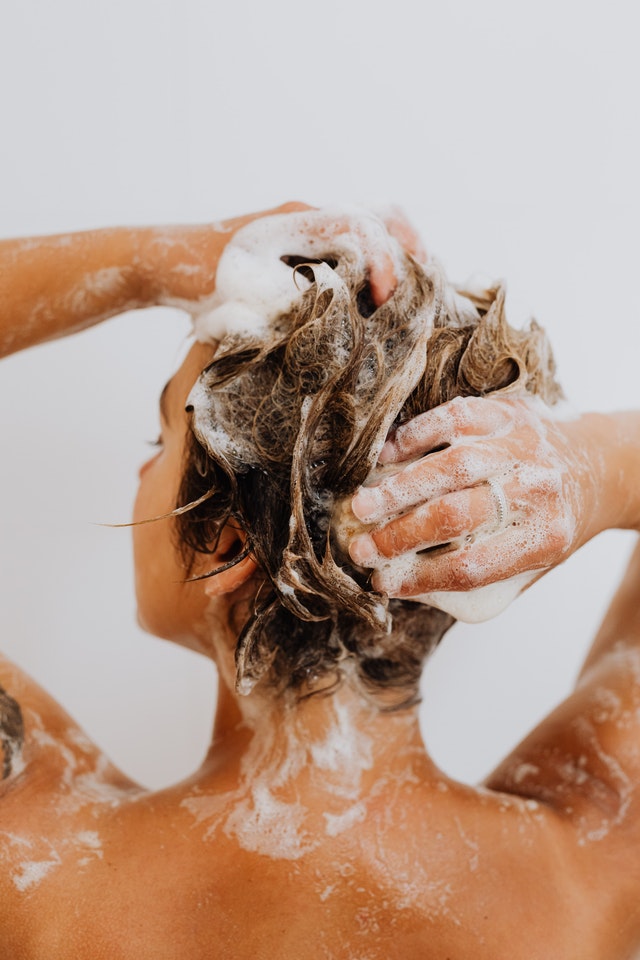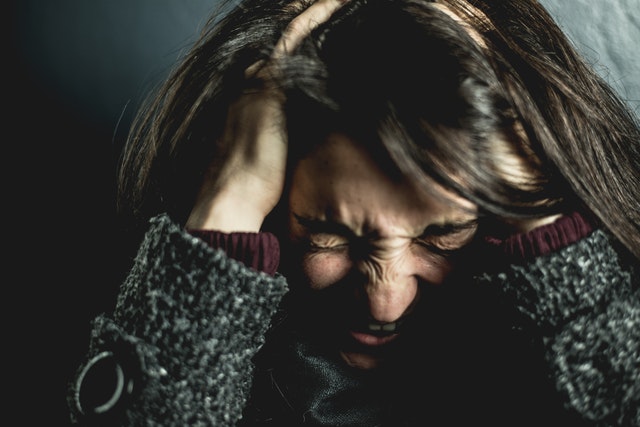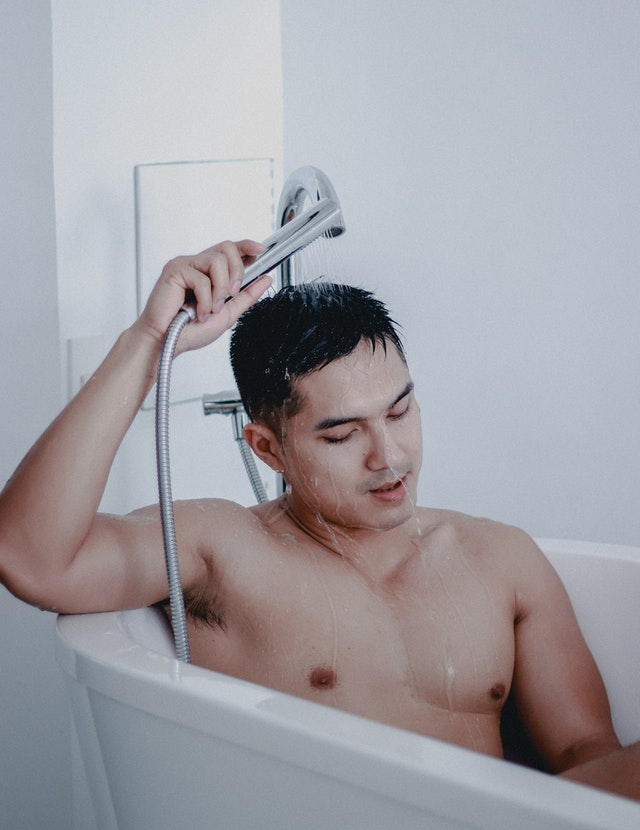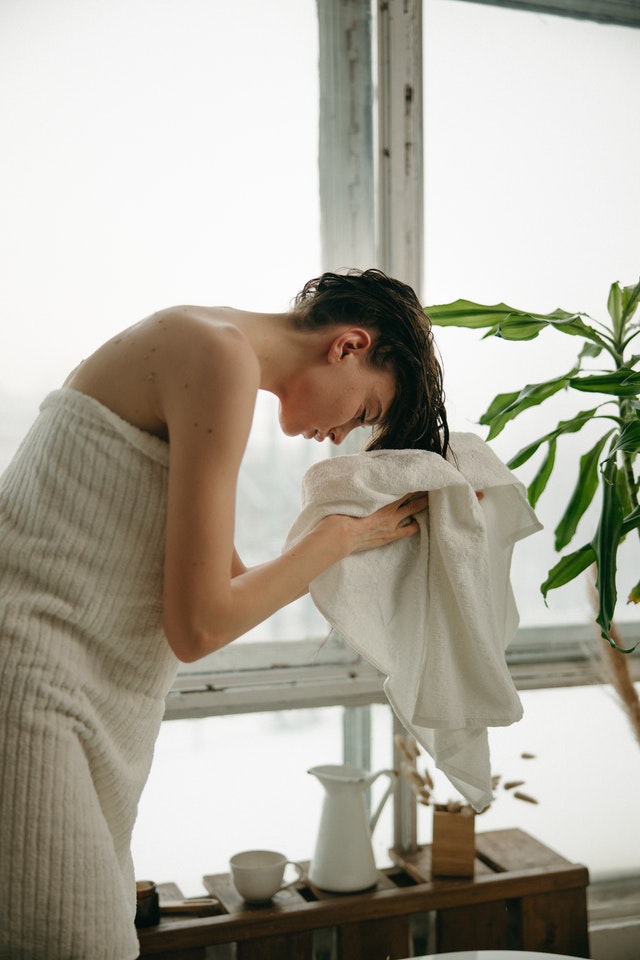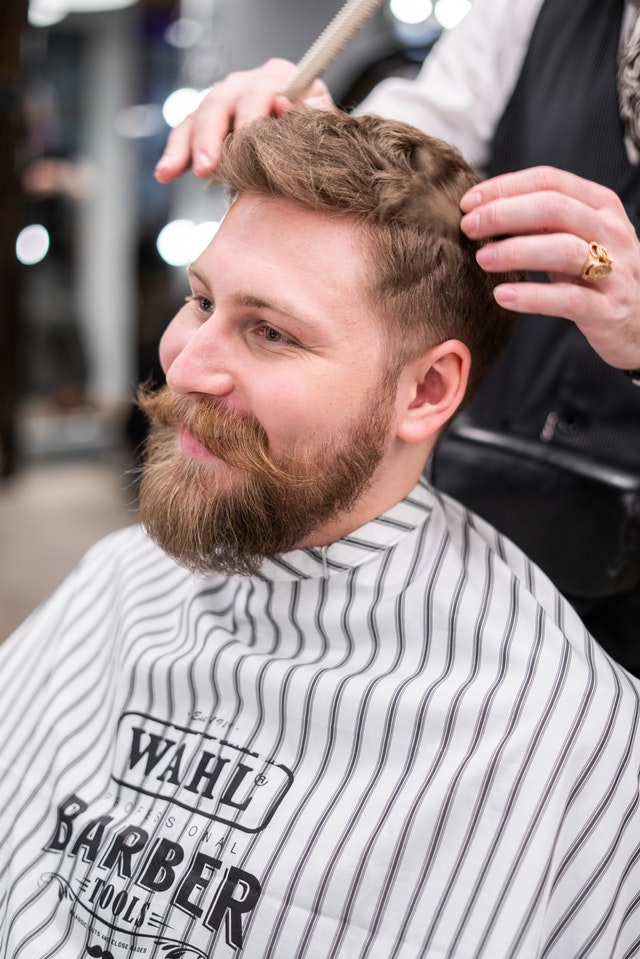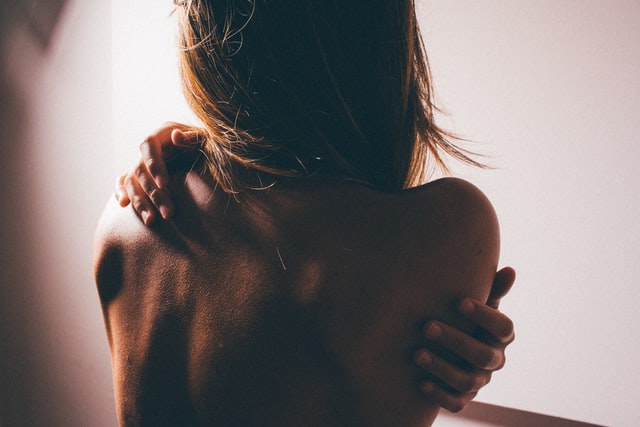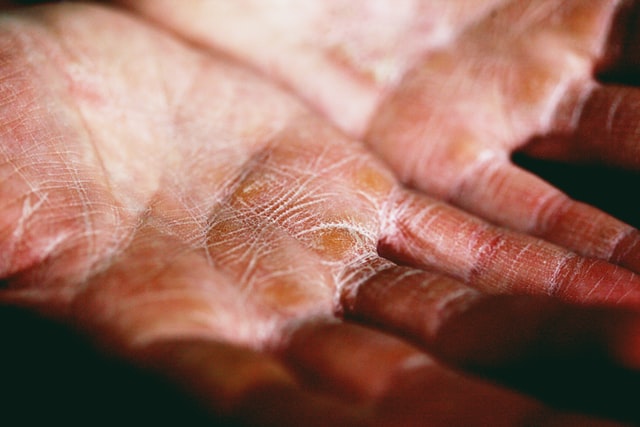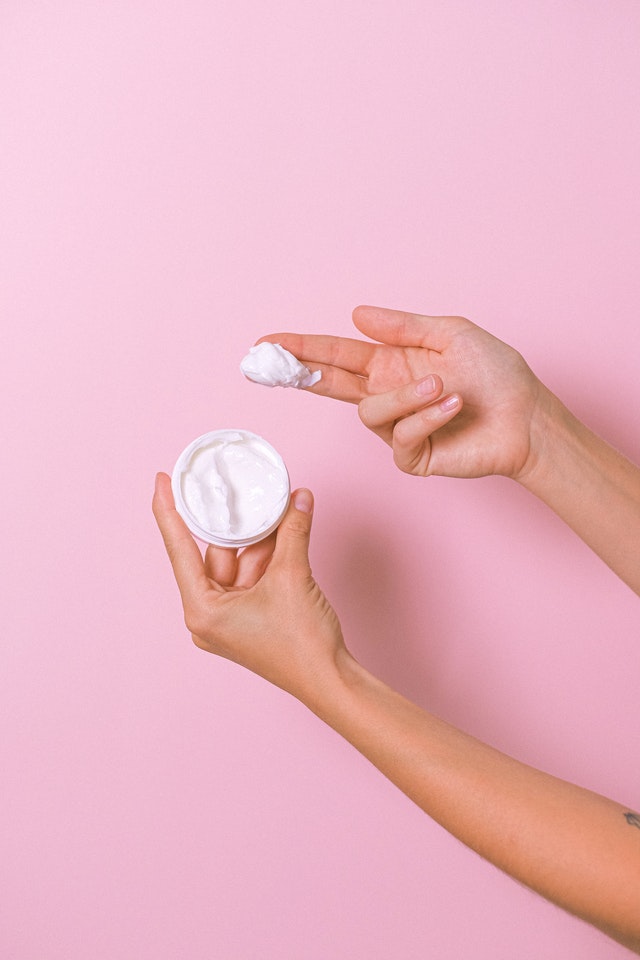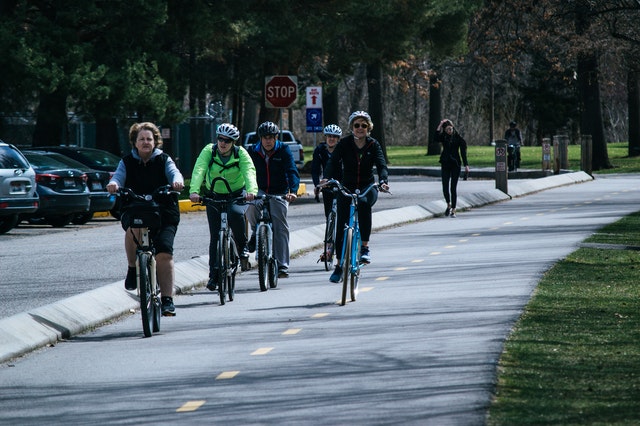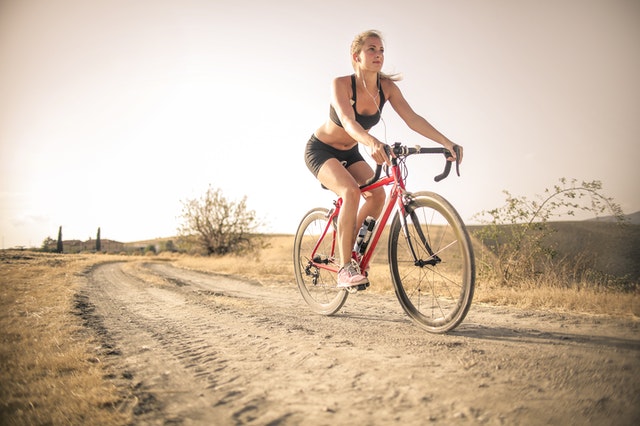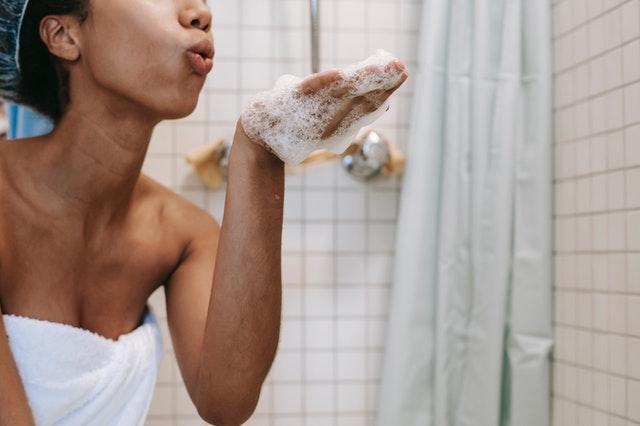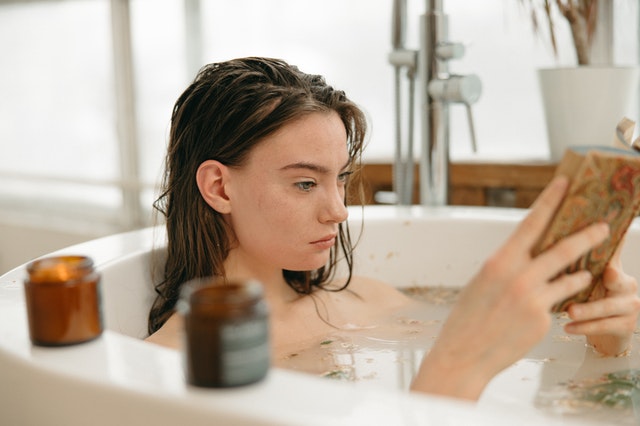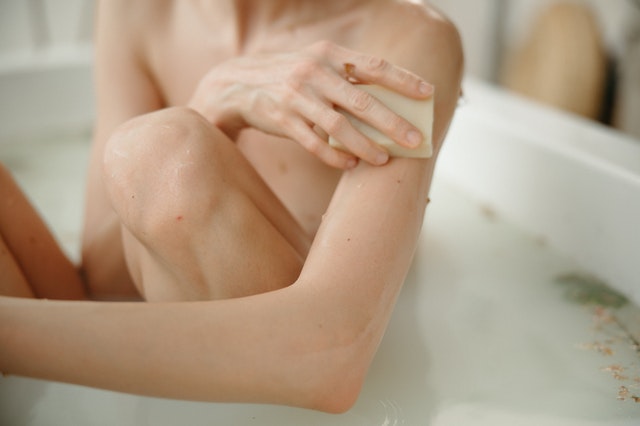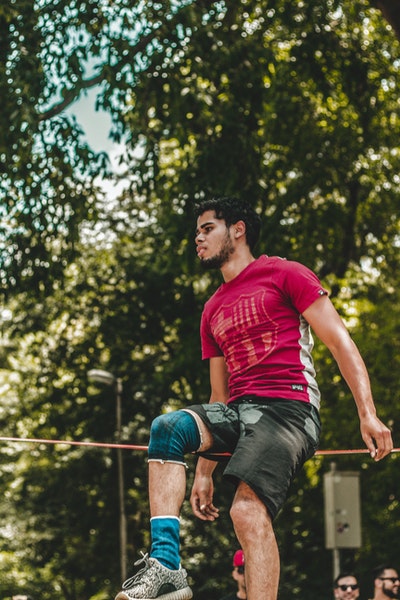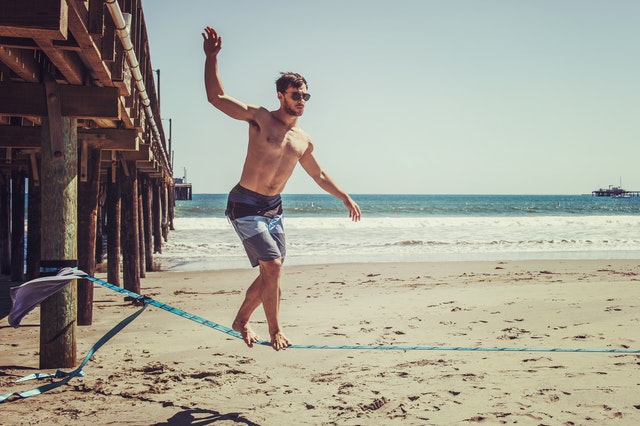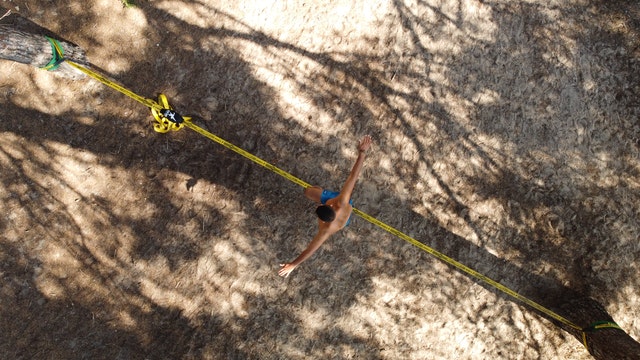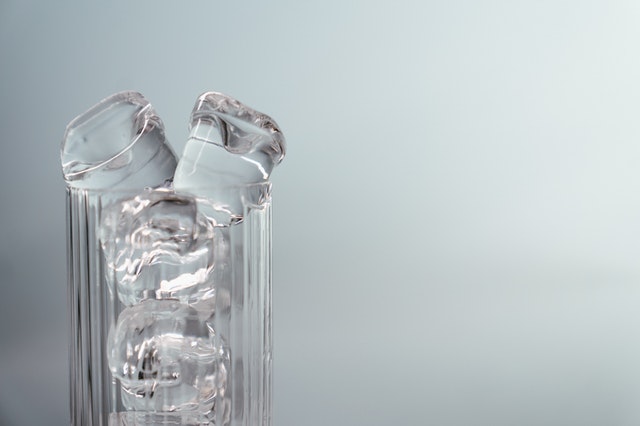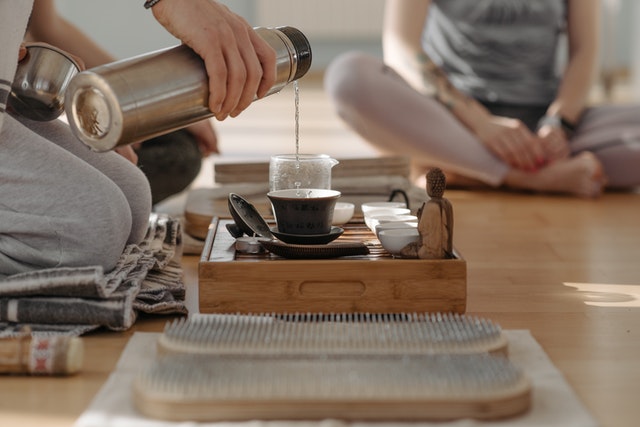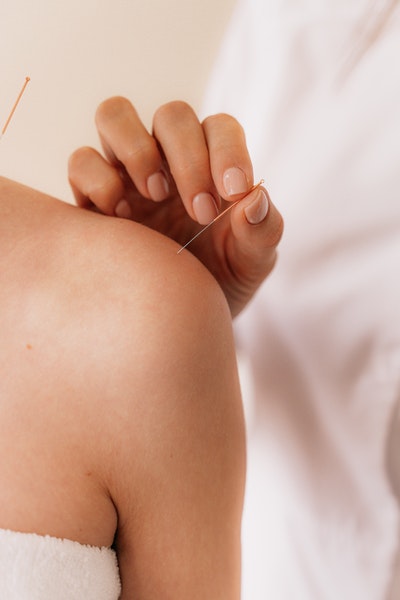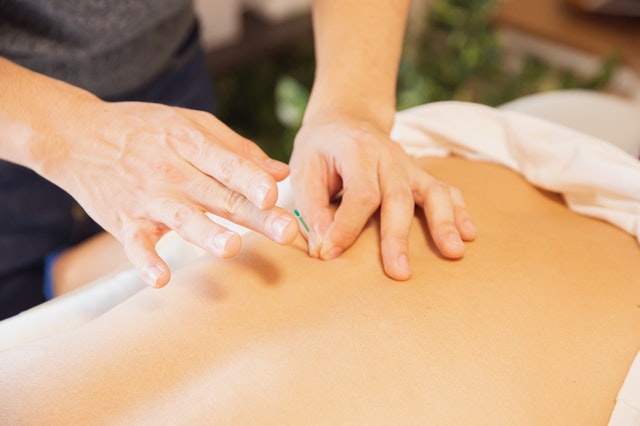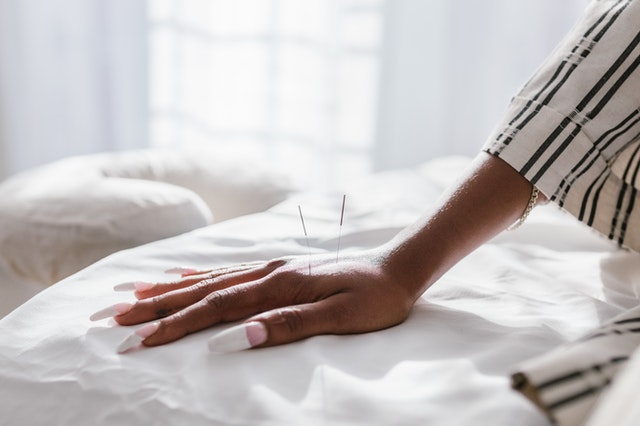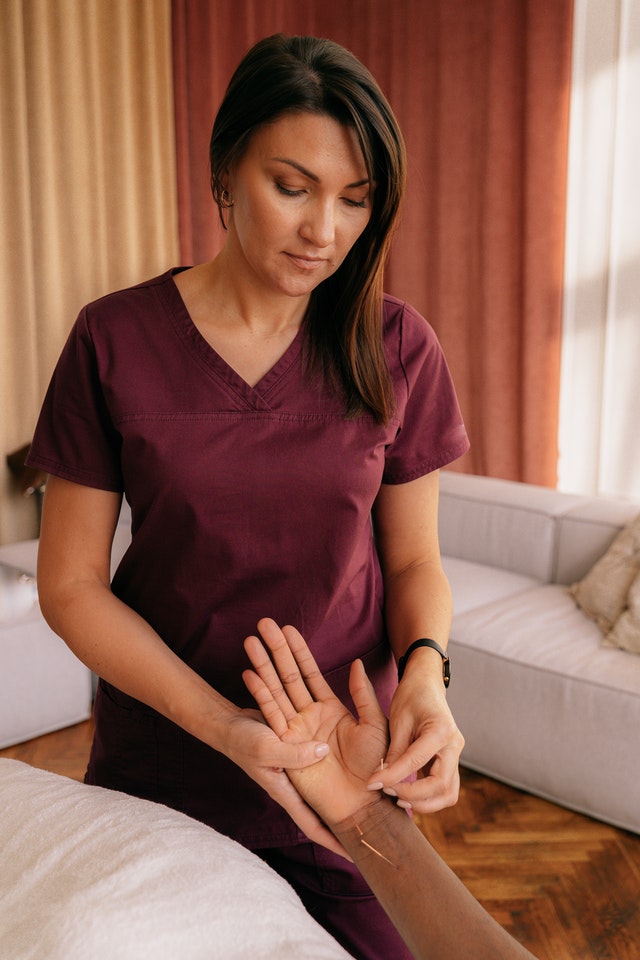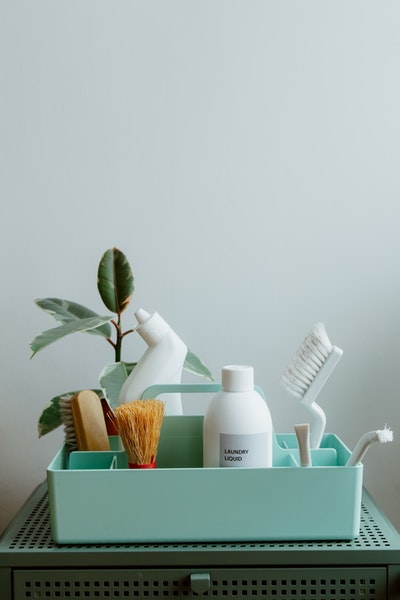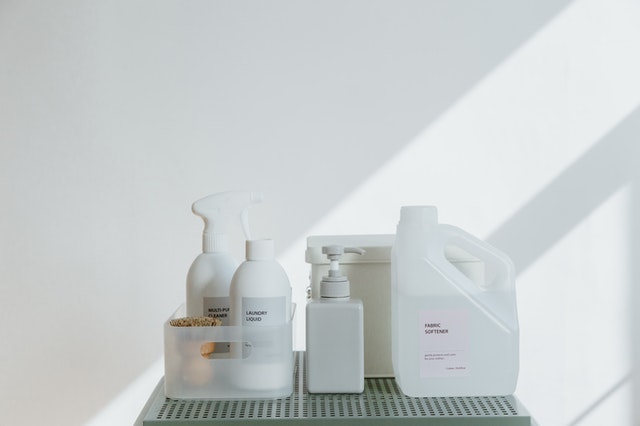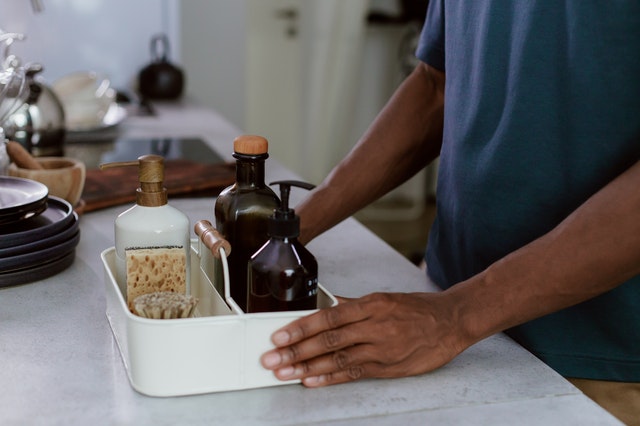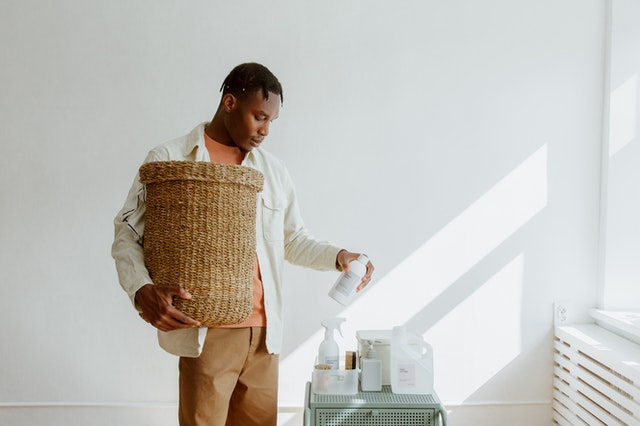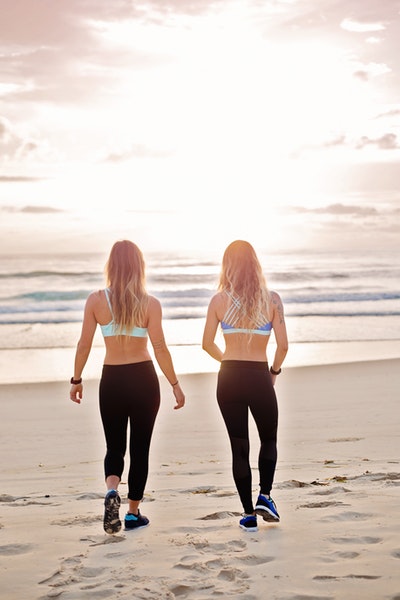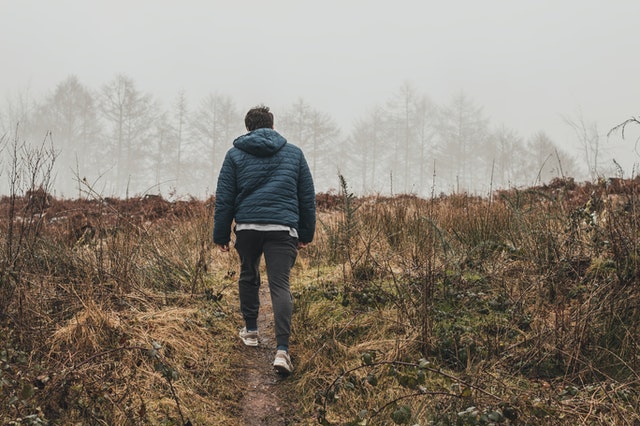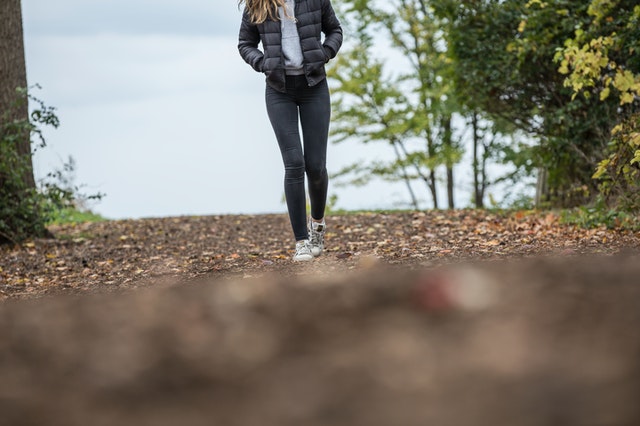Most women and men in the U.S. (75%) have problems with dry skin during winter. When you're trying so hard to protect your skin, why can it sometimes seem like moisturizer isn’t doing anything?
4 Signs Your Moisturizer Isn’t Working
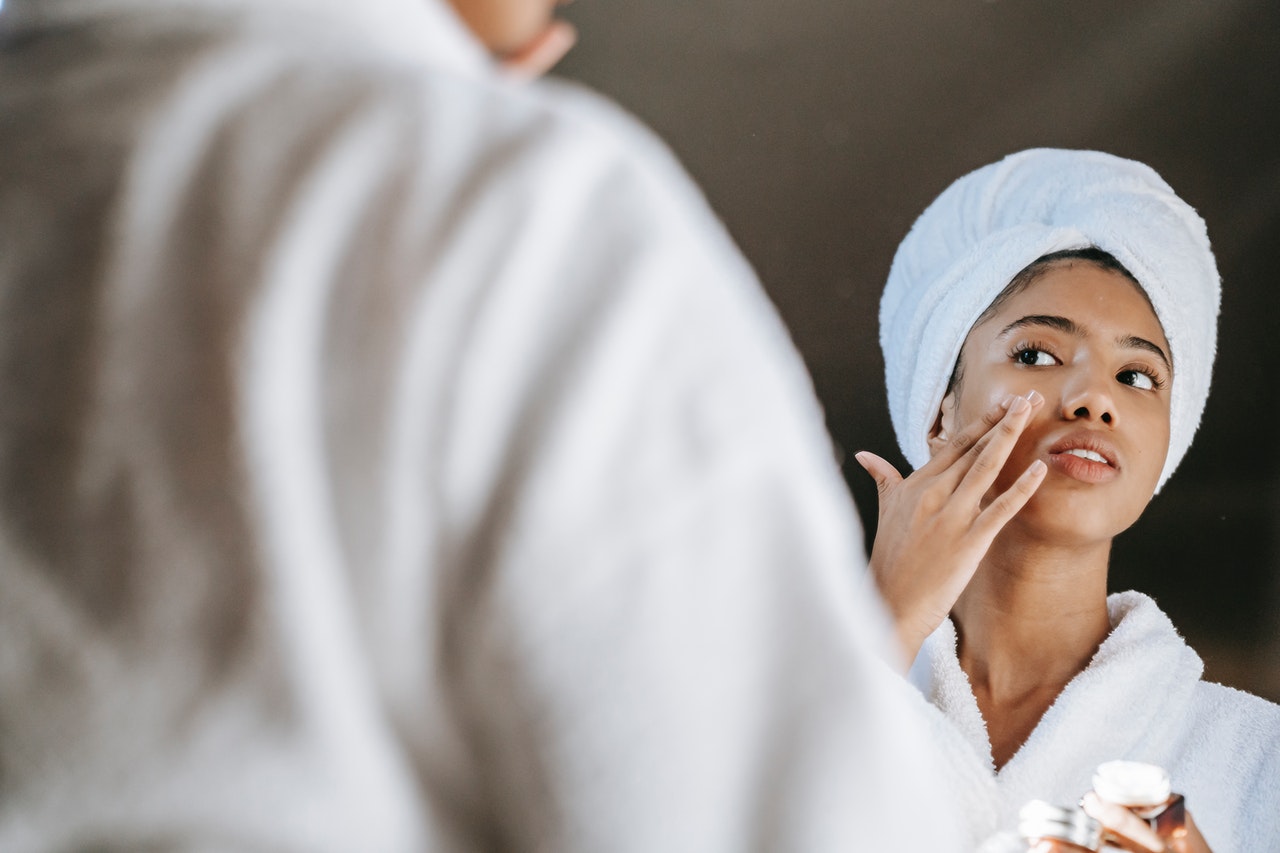
Hydration is an essential part of skincare. These four red flags mean your moisturizer isn't working correctly.
Rough or Dry Skin
Healthy, hydrated skin should be three S's: soft, smooth and supple. If your hands feel closer to sandpaper than silk, it’s a sign your skin needs TLC urgently! Rough, dry or cracked skin has been stripped of its natural protective oils, and your moisturizing routine isn’t helping.
Peeling
Sunburns aren’t the only reason your skin can peel. Peeling means the epidermis — the top layer of skin — has been damaged. Dryness or irritation from harsh ingredients can be responsible. Hand sanitizer can cause both.
Bumps or Acne Breakouts
For some people, moisturizers cause a different problem: clogged pores. Hydrating your skin is still important, but it’s better to choose a lighter product with “oil-free” on the label. Honey, lactic acid and glycerin are great ingredients for avoiding breakouts.
Burning Sensation or Rashes
Moisturizers should never make your skin burn, tingle or itch. The effect should be completely the opposite — a calming, comfortable sensation you look forward to. If you notice irritation or red spots after applying a beauty product, it usually means you have a mild allergy to one of the ingredients. People with sensitive skin should opt for moisturizers that are non-allergenic and fragrance-free.
6 Reasons Moisturizer Doesn’t Always Work
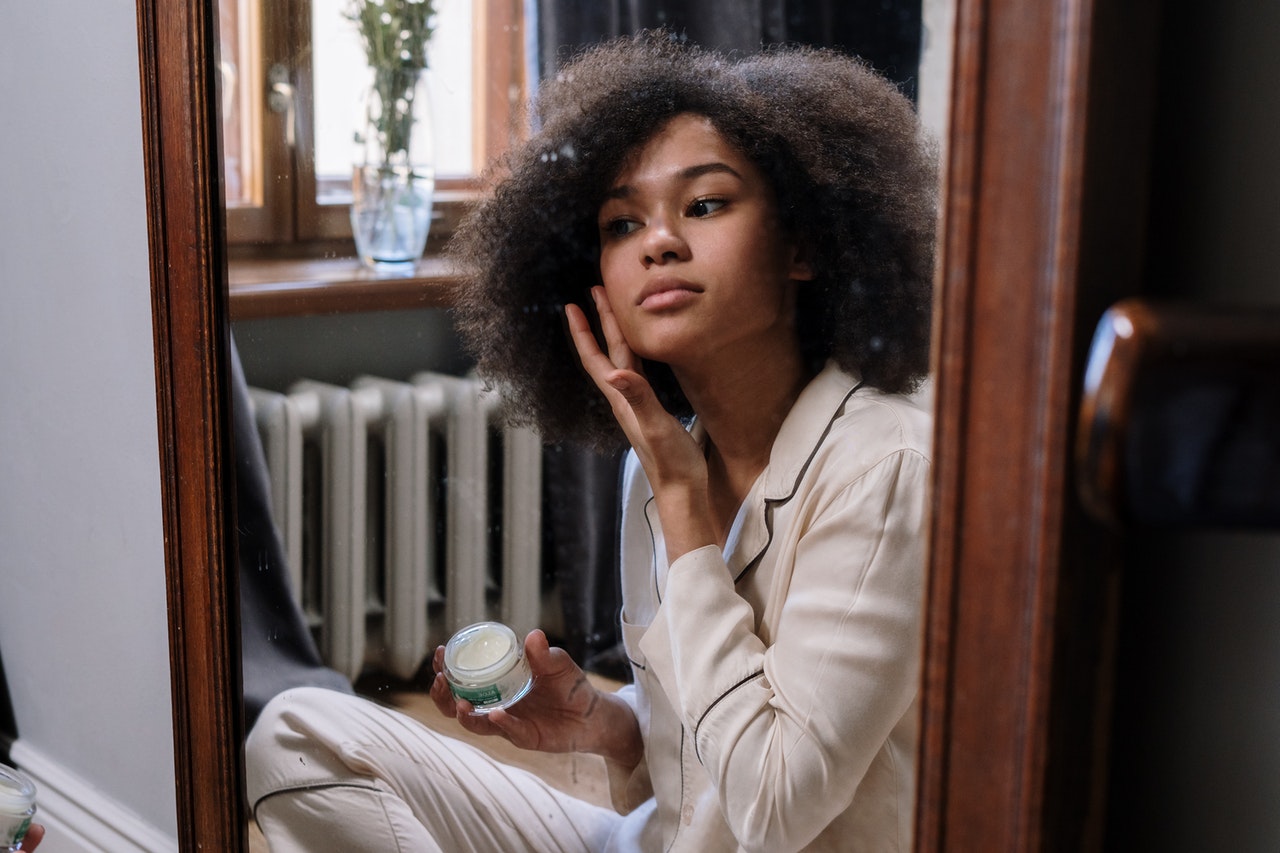
Why aren’t your skincare products delivering the results they promise? These six reasons may be the cause:
- Washing needs to go hand-in-hand with moisturizing: Every time you wash, you need to moisturize. Period.
- Skipping nutrients doesn’t do your skin any favors: Eating too much fast food can leave your body low on essential vitamins for healthy skin.
- Overdoing heavy creams can make skin dependent on moisturizer: Giving your skin too much of a good thing can make it stop producing natural oils. Don’t apply heavy creams every day.
- Underestimating cold or dry weather hurts your skin: Applying moisturizer once a day in cold weather is almost the same as doing nothing. Your skin needs more.
- Aging lowers your body’s natural hydration: As you age, you need to increase your moisturizing routine. Increase the quantity of skin-healthy vitamins you get as well.
- Not protecting yourself from UV rays is worse than you think: UV rays can damage your skin even if you don’t get burnt. Put on sunscreen when you’re spending time outdoors.
6 Tips for Supple Skin All Year Long
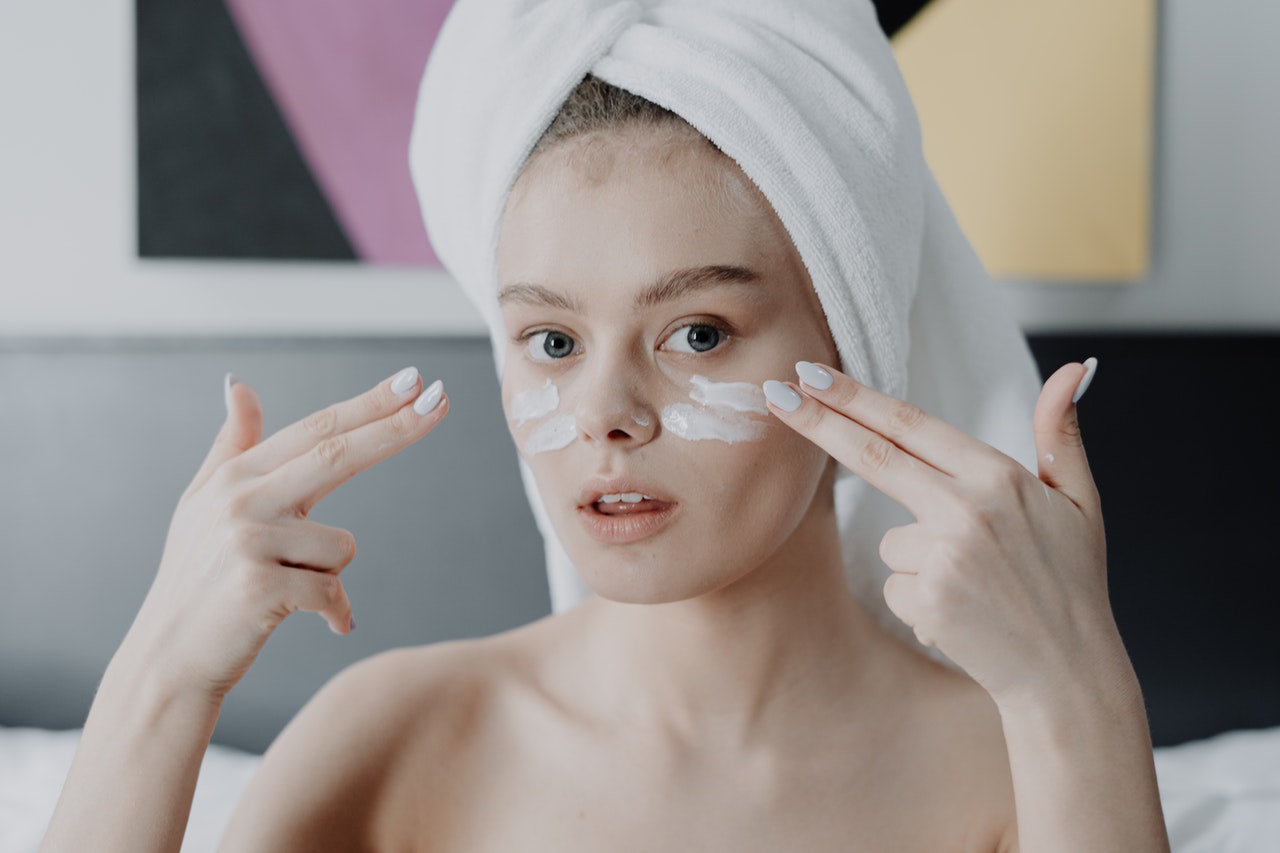
Boost skin hydration with these six simple steps:
- Feed your skin: Make sure you're getting sufficient vitamin E, protein and omega-3s in your diet.
- Be a skin whisperer: Stick with moisturizers and ingredients that work for you, no matter what's trendy.
- Cleanse and hydrate: Remove dirt, oil and makeup from the skin, and then apply moisturizer.
- Apply when wet: Using skin lotion when you get out of the shower or while your hands are still wet locks in extra moisture.
- Massage: Help moisture and nourishing ingredients penetrate better with a gentle massage.
- Exfoliate more: Get rid of dry, dead skin cells that block lotions from absorbing correctly. Moisturize after exfoliating.
Great skincare ingredients don't have to be expensive. Glycerine, petrolatum and shea butter are among the best for hydration, and they're within reach of most people.

